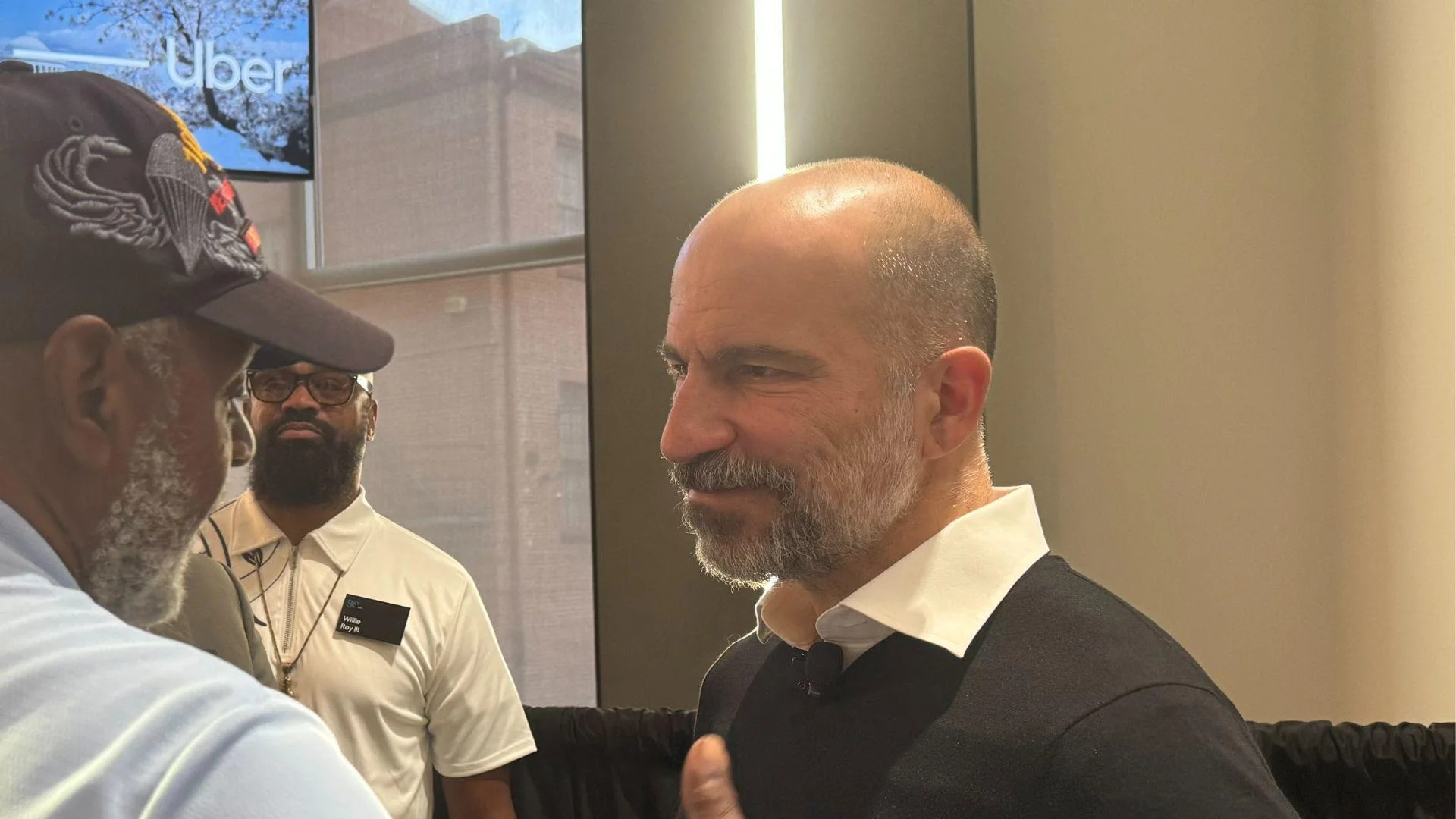Uber has initiated civil lawsuits under the Racketeer Influenced and Corrupt Organizations (RICO) Act against several personal injury law firms and medical providers, alleging fraudulent inflation of accident claims. This development was reported by Reuters.
According to Uber, this legal action is a firm stance against what it describes as systemic fraud exploiting rideshare insurance mandates. By applying RICO laws to those it accuses of abusing the legal system for profit, Uber aims to protect consumers, drivers, and shareholders from increased litigation costs. The company argues that false or exaggerated accident claims inflate premiums and ultimately raise prices for everyday users. Supporters of tort reform argue that addressing such abuse is crucial for restoring fairness in the civil justice system and deterring lawsuit mills benefiting from weak oversight.
Uber provides insurance coverage significantly higher than standard private limits—$1 million per incident in states like California, Florida, and Pennsylvania, and $1.25 million in New York when passengers are onboard. The company estimates that up to 45% of each Los Angeles fare is consumed by mandated insurance costs. Executives claim these generous coverage requirements have attracted fraudulent injury claims and medical billing schemes detrimental to both drivers and customers.
The American Tort Reform Association reports that meritless injury suits and excessive legal fees cost the U.S. economy over $429 billion annually, equating to a "tort tax" of $1,300 per household. Pro-business groups view Uber’s actions as a significant pushback against a litigation culture burdening employers, innovators, and insurers alike. They say reasserting accountability through tools like RICO helps deter organized abuse within the legal industry.
Founded in 2009 and headquartered in San Francisco, Uber Technologies Inc. operates a global rideshare, delivery, and logistics network across more than 70 countries. The company's platform connects millions of drivers and consumers daily through its app ecosystem.


